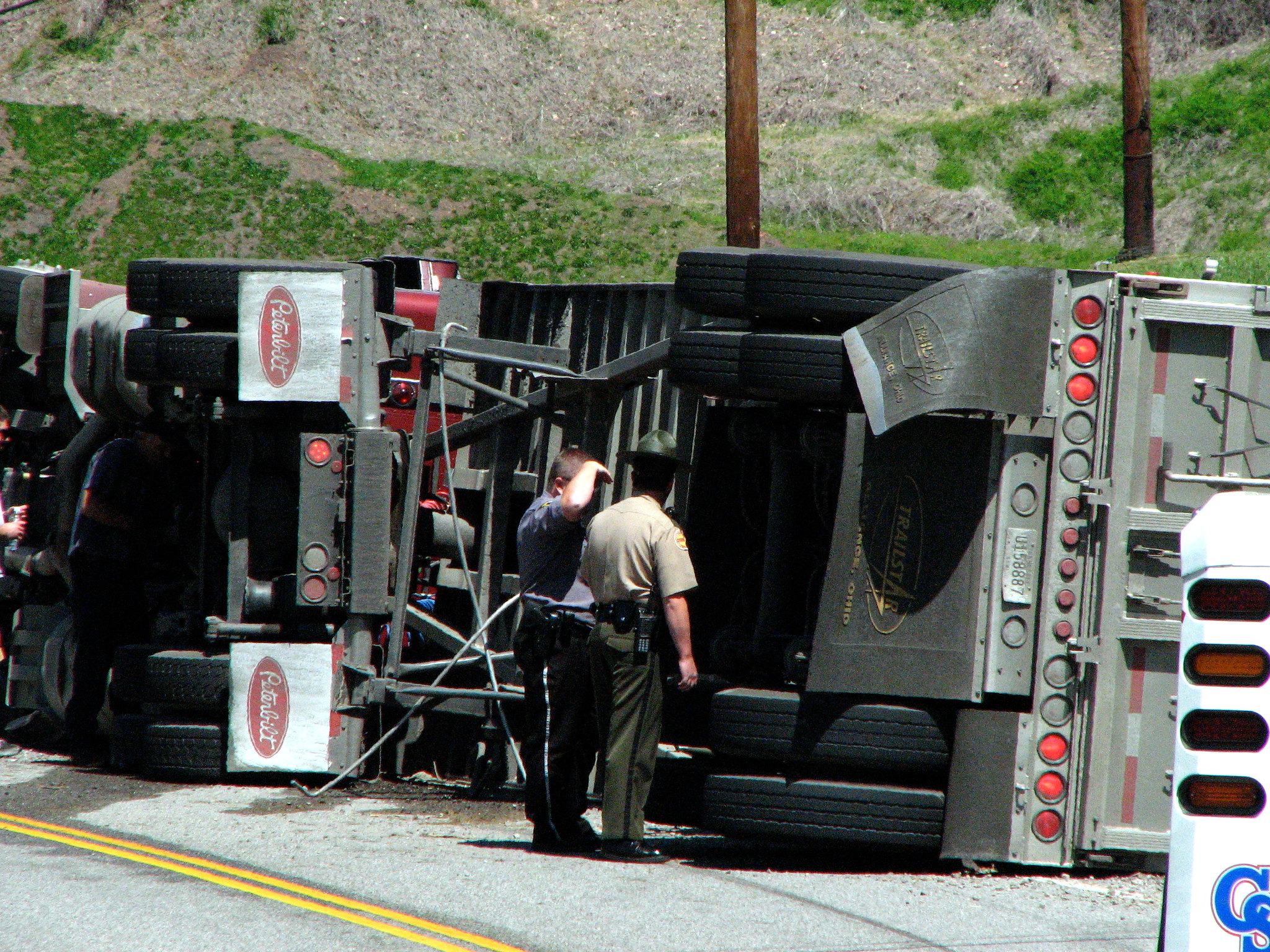By understanding the various forms of negligence and the legal principles that govern them, victims of truck accidents can pursue the compensation they deserve and help prevent similar incidents in the future.
Truck accidents often result in severe injuries, fatalities, and extensive property damage. When these accidents occur, determining the cause is crucial for assigning liability and ensuring that victims receive the compensation they deserve. Negligence plays a central role in many truck accident cases, encompassing various factors that contribute to the occurrence of these incidents. Understanding the types of negligence involved in truck accidents is essential for both victims seeking legal recourse and policymakers striving to enhance road safety.
Types of Negligence in Truck Accidents
Driver Error
Driver error is one of the leading causes of truck accidents. From distracted driving to fatigue and speeding, various factors can contribute to driver error. For instance, a tired truck driver may fail to react in time to changing road conditions, leading to a collision. Similarly, a distracted driver may overlook critical signals or fail to maintain proper lane discipline, increasing the risk of accidents.
Improper Loading of Cargo
The Federal Motor Carrier Safety Administration (FMCSA) has implemented cargo securement rules that take into consideration acceleration and declaration forces as well as different types of cargo that can be carried. Proper cargo loading is vital for maintaining the stability and balance of a commercial truck.
When cargo is loaded improperly, it can shift during transit, affecting the truck’s handling and stability. Overloaded trucks are particularly prone to accidents, as they may struggle to brake effectively or negotiate curves safely.
Inadequate Maintenance
Regular maintenance is crucial for ensuring the safe operation of commercial trucks. The FMCSA requires a periodic inspection at least once every twelve months. Failure to address mechanical issues promptly can lead to catastrophic failures on the road. Common maintenance-related problems include brake failures, tire blowouts, and steering malfunctions, any of which can result in a loss of control and a subsequent accident.
Establishing Negligence in Truck Accident Cases

Investigation and Evidence Collection
Thorough investigation and evidence collection are essential components of any truck accident case. An Albuquerque big rig accident attorney relayed that this process typically involves gathering accident reports, conducting witness interviews, and obtaining relevant documentation such as driver logs and maintenance records.
Accident reconstruction experts play a crucial role in piecing together the events leading up to a truck accident. By analyzing physical evidence and vehicle damage, these experts can provide valuable insights into the cause of the accident and help establish liability.
Legal Standards for Negligence
To succeed in a negligence claim, the plaintiff must demonstrate four key elements:
- Duty
- Breach
- Causation
- Damages
In the context of a truck accident, this means showing that the defendant owed a duty of care to others on the road, that they breached this duty through negligent conduct, that their actions directly caused the accident, and that the plaintiff suffered compensable damages as a result.
Proving negligence can be complex, requiring a thorough understanding of both legal principles and the specific facts of the case. Experienced legal counsel can help plaintiffs navigate these complexities and build a strong case for compensation.
Role of Expert Witnesses
Expert witnesses often play a crucial role in establishing negligence in truck accident cases. These individuals possess specialized knowledge and training in areas such as accident reconstruction, mechanical engineering, and human factors analysis.
For example, an accident reconstructionist can use advanced modeling techniques to recreate the sequence of events leading up to a truck accident. By examining factors such as vehicle speed, braking distances, and road conditions, the reconstructionist can provide valuable insights into how the accident occurred and who may be at fault.
Defenses Against Negligence Claims
Comparative Negligence
In some cases, defendants may attempt to shift blame onto the plaintiff by alleging comparative negligence. This defense asserts that the plaintiff’s own actions contributed to the accident and, therefore, should reduce the defendant’s liability for damages.
Assumption of Risk
Another potential defense against negligence claims is the assumption of risk doctrine. This defense applies when the plaintiff knowingly and voluntarily exposed themselves to a known danger.
Moving Forward
Truck accidents resulting from negligence can have devastating consequences for those involved. Whether caused by driver error, improper cargo loading, inadequate maintenance, or failure to follow safety regulations, these accidents highlight the importance of holding negligent parties accountable for their actions.
By understanding the various forms of negligence and the legal principles that govern them, victims of truck accidents can pursue the compensation they deserve and help prevent similar incidents in the future. Thorough investigation, expert testimony, and skilled legal representation are essential components of a successful negligence claim, ensuring that victims receive the justice and restitution they are entitled to.


Join the conversation!